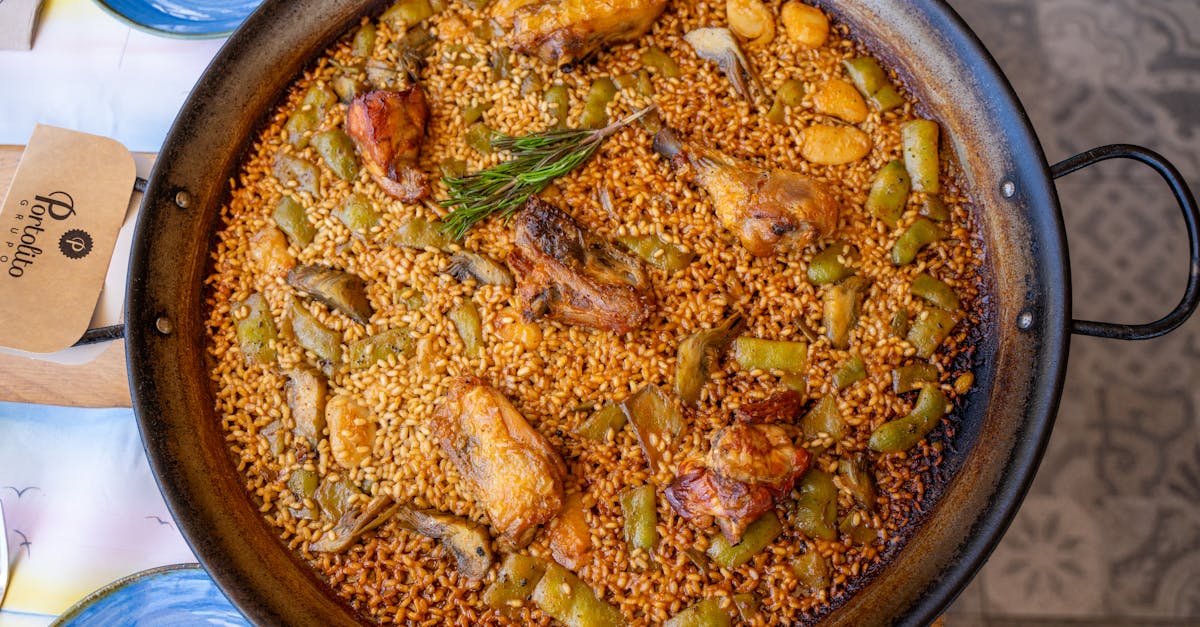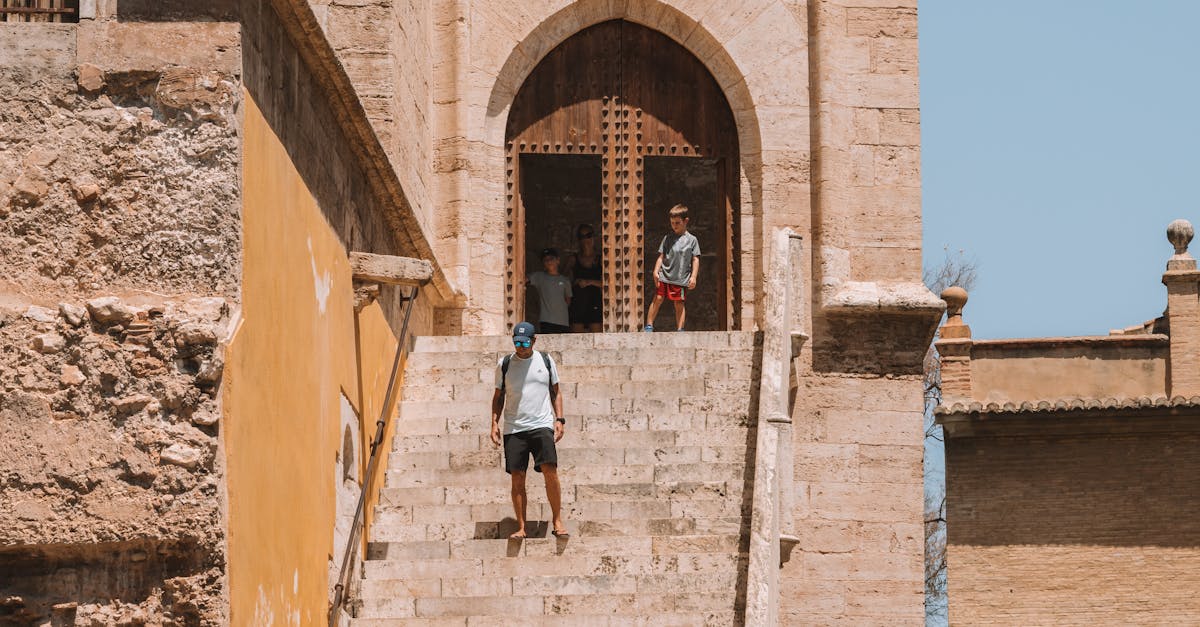Valencian Culture & Origins
March 19, 2025

When it comes to exploring the origins of Valencian culture, one cannot help but marvel at the rich tapestry of history that has shaped this vibrant region. Valencia, a province located on the eastern coast of Spain, boasts a heritage that is deeply rooted in a blend of diverse influences, making it a fascinating area to delve into.
Primarily, the history of Valencia dates back to ancient times, with evidence of human presence in the region dating back to the Neolithic period. The area has been inhabited by various civilizations throughout the centuries, including the Iberians, Romans, Visigoths, and Moors. Each of these cultures has left its mark on Valencia, contributing to the unique cultural identity that exists today.
Essentially, Valencian culture is a reflection of this intricate past, with traditions, cuisine, and architecture that bear the imprint of these diverse influences. One can see this blend of cultures in the famous Valencian ceramics, the stunning architecture of the City of Arts and Sciences, and the vibrant Fallas festival, which combines elements of Christian, pagan, and Moorish traditions.
Overall, the Valencian language, known as Valencian, is another testament to the region's diverse heritage. Valencian is a distinct dialect of Catalan, with its roots in the Latin language spoken by the Romans. This linguistic connection highlights the historical ties between Valencia and Catalonia, showcasing the interconnectedness of the Iberian Peninsula.
Broadly speaking, Valencia's geography has also played a significant role in shaping its culture. The region's fertile lands have long been devoted to agriculture, particularly the cultivation of oranges, rice, and almonds. The Valencian countryside is dotted with picturesque orange groves and rice paddies, providing a stunning backdrop to the region's rich cultural tapestry.
In particular, the architectural marvels found in Valencia offer a glimpse into the region's diverse and storied past. From the iconic Silk Exchange building, a testament to the city's mercantile history, to the medieval Torres de Quart, remnants of Valencia's defensive structures, each edifice tells a tale of the civilizations that have shaped the cityscape.
Moreover, the influence of Moorish architecture, characterized by intricate geometric patterns and ornate detailing, can be seen in landmarks such as the historic Valencia Cathedral and the Serranos Towers. These architectural wonders serve as a tangible link to the Moorish occupation of Valencia and its lasting impact on the region's aesthetic identity.
Furthermore, Valencia's vibrant cultural scene, replete with museums, theaters, and art galleries, underscores the city's commitment to preserving and celebrating its heritage. The Museu de Belles Arts, home to an extensive collection of Valencian art spanning centuries, stands as a homage to the creativity and talent that have flourished within the region.
Exploring Valencia's cultural origins unveils a rich tapestry woven from the threads of history, tradition, and innovation. By delving into the roots of Valencian culture, one gains a deeper appreciation for the region's multifaceted identity and the enduring legacy of its past.

The history of Valencia's beginnings
Afterward, one can immerse themselves in the culinary delights of Valencia, which also reflect the region's rich history and diverse cultural influences. Traditional dishes like paella, a rice-based delicacy infused with the flavors of saffron, seafood, and spices, are emblematic of Valencia's gastronomic heritage. The Moorish, Roman, and Mediterranean culinary traditions blend harmoniously to create a unique and savory experience for food enthusiasts.
Moreover, Valencia's location on the Mediterranean coast has had a profound impact on its cuisine, with an abundance of fresh seafood and locally grown produce shaping the local dishes. The vibrant Mercado Central, one of Europe's oldest markets, is a paradise for food lovers, offering a dazzling array of fruits, vegetables, meats, cheeses, and spices that form the core of Valencian gastronomy.
Valencia's strategic position as a Mediterranean port city has also influenced its history and culture, making it a hub of trade, commerce, and cultural exchange. The city's bustling port has welcomed merchants, sailors, and travelers from around the world, contributing to Valencia's cosmopolitan atmosphere and eclectic blend of customs and traditions.
In addition to its maritime heritage, Valencia's proximity to the sea has given rise to a thriving maritime industry, shaping the city's identity and economy. The iconic America's Cup sailing regatta, hosted by Valencia in 2007 and 2010, showcases the city's passion for sailing and maritime sports, drawing enthusiasts and spectators from far and wide.
Furthermore, Valencia's commitment to sustainability and environmental conservation is reflected in its efforts to promote eco-friendly practices and preserve its natural resources. Initiatives like the Turia Gardens, a lush green space carved out of a former riverbed, demonstrate the city's dedication to creating sustainable urban environments that benefit both residents and visitors.
In essence, Valencia's cultural evolution is a testament to the resilience, creativity, and adaptability of its people throughout history. As the region continues to embrace its diverse heritage while looking to the future with innovation and sustainability, Valencia stands as a vibrant tapestry of past and present, woven together by the threads of tradition, culture, and progress.
In light of Valencia's rich history, it is evident that the region's cultural tapestry is a product of a dynamic interplay of civilizations, traditions, and innovations. From the ancient roots dating back to the Neolithic period to the diverse influences of the Iberians, Romans, Visigoths, and Moors, Valencia's heritage is deeply intertwined with a fascinating past that continues to shape its present identity.
The architectural wonders, linguistic heritage, and culinary delights of Valencia all stand as testaments to the enduring legacy of the region. Each facet echoes the intricate history that has unfolded over centuries, weaving a narrative of resilience, creativity, and cultural amalgamation that defines Valencia today.
As visitors and residents alike explore the vibrant streets, savor the delectable flavors, and marvel at the architectural marvels of Valencia, they are embarking on a journey through time, where echoes of the past resonate with the vibrancy of the present. Valencia's commitment to sustainability, preservation of heritage, and innovation are pillars that secure its legacy as a beacon of cultural richness and historical significance in the heart of Spain.
In conclusion, Valencia's origins, deeply rooted in an amalgamation of civilizations and traditions, offer a glimpse into a past that has paved the way for the region's multifaceted identity today. As Valencia continues to evolve, embracing its diverse heritage while forging a path towards a sustainable and innovative future, it remains a living testament to the enduring spirit of its people and the rich tapestry of history that defines this captivating province on Spain's eastern coast.

Title
I'm a paragraph. Click here to add your own text and edit me. It's easy.

Title
I'm a paragraph. Click here to add your own text and edit me. It's easy.

Title
I'm a paragraph. Click here to add your own text and edit me. It's easy.